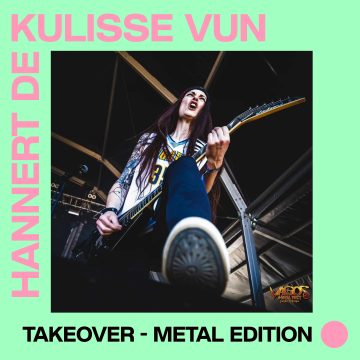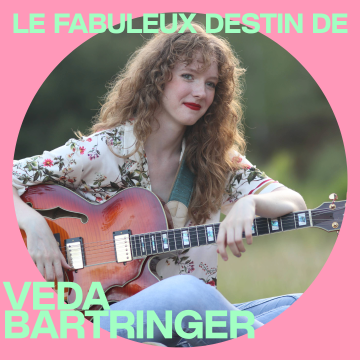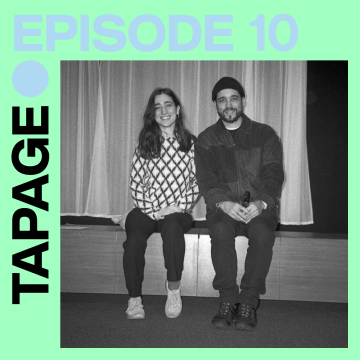09 sep. 2021WaterWalls: A different kind of festival
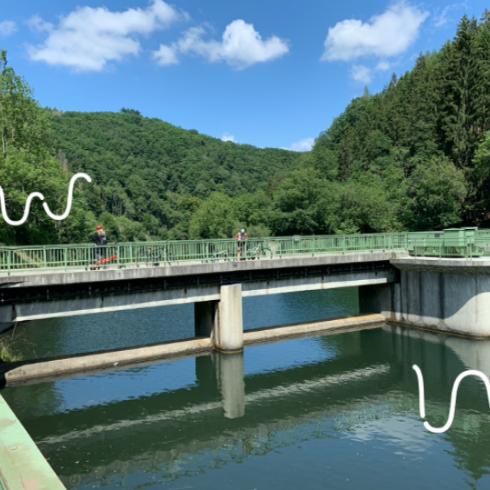
Set in the spectacular surroundings of the Sûre valley, the first edition of the WaterWalls festival speaks to our current concern about finding sustainable modes of living. It also raises important questions about how art is produced and consumed and reflects on art’s role in rethinking our place in the ecosystem.
The first festival of its kind in Luxembourg, WaterWalls draws on the principles of circular economy – or circular culture, as the organisers have dubbed their unique approach. The 3Rs – reduce, reuse, recycle – play a central role here, both in terms of the installations on display and the logistics happening behind the scenes, from signposting and ticketing through to catering. The festival coordinator Séverine Zimmer, put in charge of the operation by the association Séibühn Ënsber asbl, notes that “you have to think the whole thing through – it takes a huge amount of time”. She goes on to say that collaborating with regional partners and local expertise is a key part of the process, as is commissioning artworks designed with sustainability in mind from the get-go: “it’s about having that one good idea that requires the fewest possible resources and still gets across the message it needs to.”
From floating sound sculptures to pollinating flags
All of the five site-specific installations are strategically placed near dams along the river Sûre – “Natural Borders” is the overarching theme of this edition – and respond to their environment in different ways. STAU, the only installation that’s not by a dam, creates an artificial border of its own with construction barriers that serve as the support for a light installation.
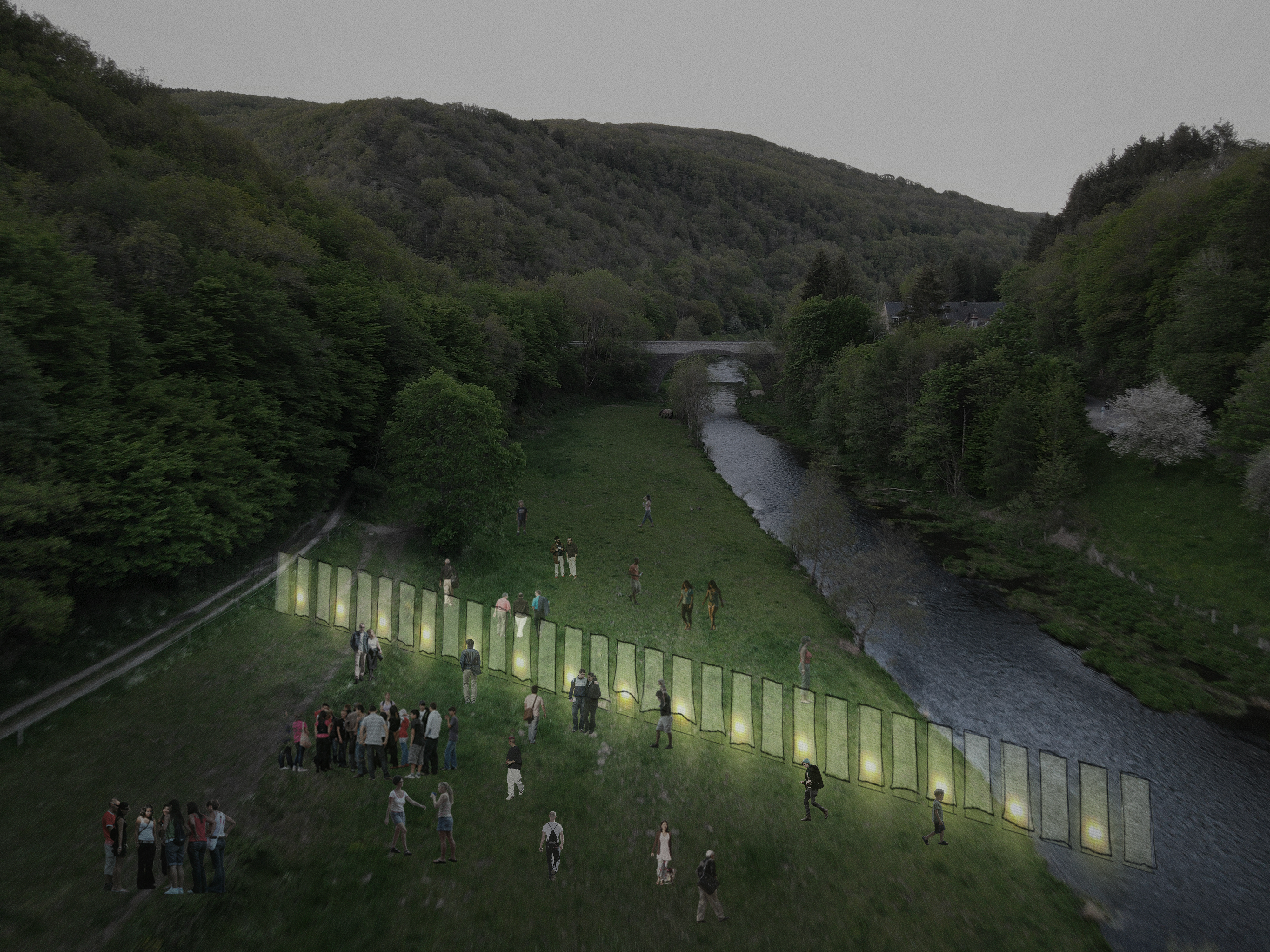
©STAU, YO studio et Lagerkultur, WaterWalls Festival, 2021
Marco and Fabio Godinho’s Offrir quelques mots à la rive plays eloquently with the concept of sound, installing a huge megaphone at the centre of a new lookout point which visitors can use to address their natural surroundings. The work is the result of the artists’ writing residency, as is an anthology of poems and reflections on the natural world from which the duo will perform extracts on site on the 25th September.
Two further installations literally float on the water of the Sûre. Serge Ecker and Giacomo Piovan’s Floating Pixel offers a respite from drone and satellite tracking with its canopy modelled on a pixel error whilst Nénuphars by MAD TRIX is designed around the idea of waterlilies; the round platforms are interactive in the sense that they pick up on surrounding sounds and so reflect subtle changes in the environment. Finally, Justine Blau and Stéphane Ghislain Roussel’s Ressac|re examines the interplay between humans and ecosystems. More specifically, Blau’s installation of cotton flags entitled Ensemencement depicts motifs related to fertilisation and is scattered with seeds, portraying yet also enacting the process of pollination.
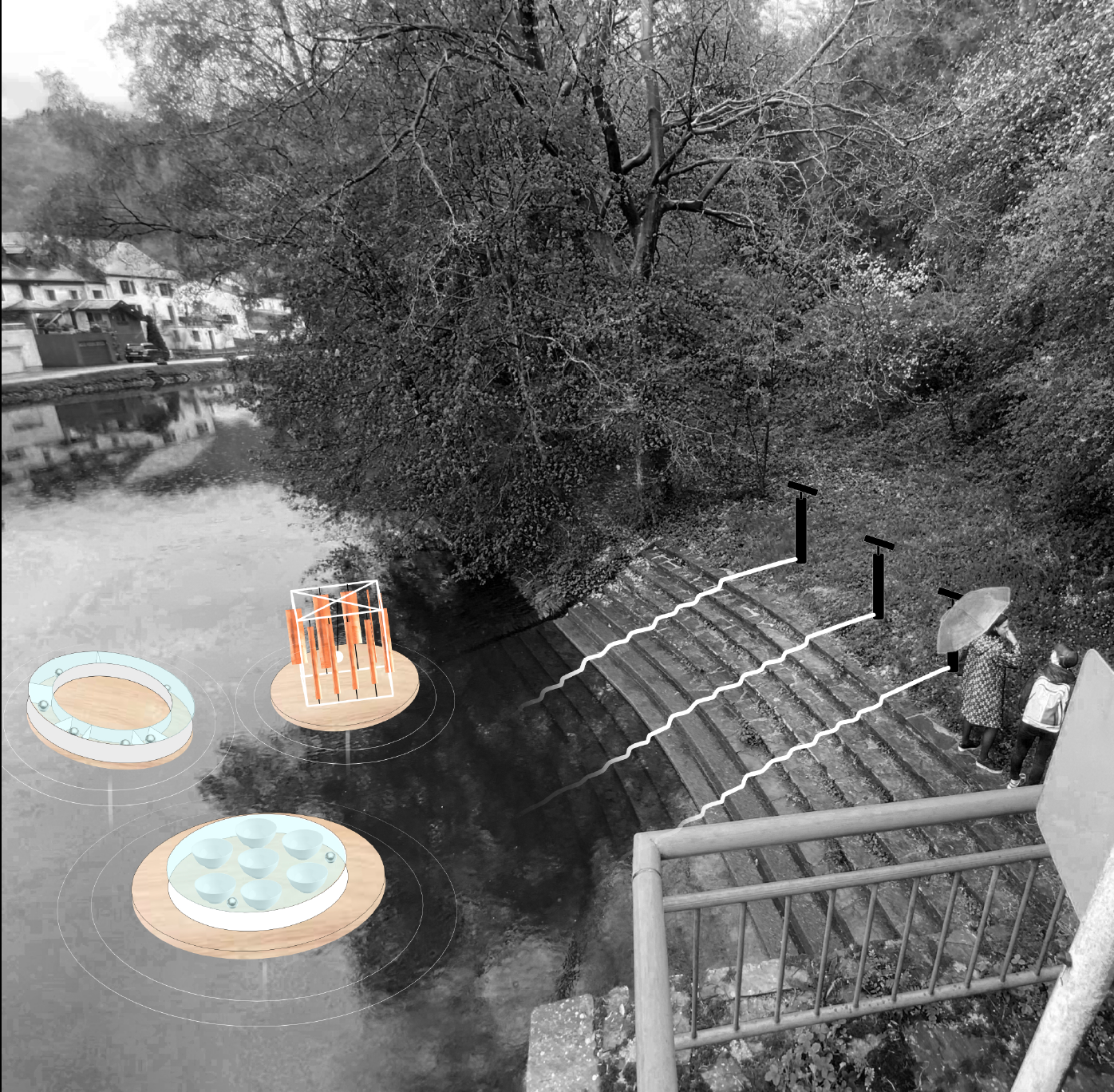
©Nénuphars, Mad Trix, WaterWalls Festival, 2021
Each installation on display at WaterWalls is designed to be as sustainable as possible, from the initial design all the way to dismantling after the festival comes to an end. Floating Pixels was assembled with the help of the local scouts, who will reuse some of the materials from which the piece was built and Ecker will use the rest to create a new piece for a project in Dudelange. The creators of Nénuphars sourced all the pieces for their work from the recycling centre and Zimmer reveals that the untreated wood will be stored by the commune for future projects.
A day of talks about our engagement with ecosystems
The WaterWalls festival isn’t over yet, though, and will host a key event on the 11th September at the Château de Esch/Sûre. Staged by Justine Blau, the “Agora citoyenne sur les écosystèmes” is a day-long series of talks and discussions seeking to find new ways of engaging with ecosystems in the modern world. It will feature speakers from a range of disciplines including biology, history and ecology, all of whom work locally or in the Greater Region, and foster exchanges with the audience. There will be a recording of the event, but a couple of spots are still available.
Despite facing a number of challenges – the festival had to be postponed due to COVID-19, opened shortly after the disastrous floods and had to contend with below average temperatures over the summer – Zimmer is happy with this first edition. “It certainly wasn’t easy, the festival is ambitious enough as it is, but it definitely has its place in the region and we’ve seen a great amount of interest.” Designed to be a biennale, the next edition of the festival is planned for 2023. The theme isn't set yet, though not for lack of ideas: “We have so many options, enough to fill the next couple of editions at least!”, says Zimmer, adding that the final decision will be a collective one taken at the next committee meeting.
Les plus populaires
- 20 juil. 2023
- 04 avr. 2024
- 27 mar. 2024
- 26 mar. 2024
ARTICLES
Articles
15 avr. 2024TAKEOVER – METAL EDITION
Articles
12 avr. 2024Veda Bartringer
Videos
12 avr. 2024